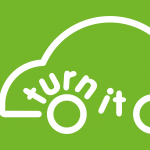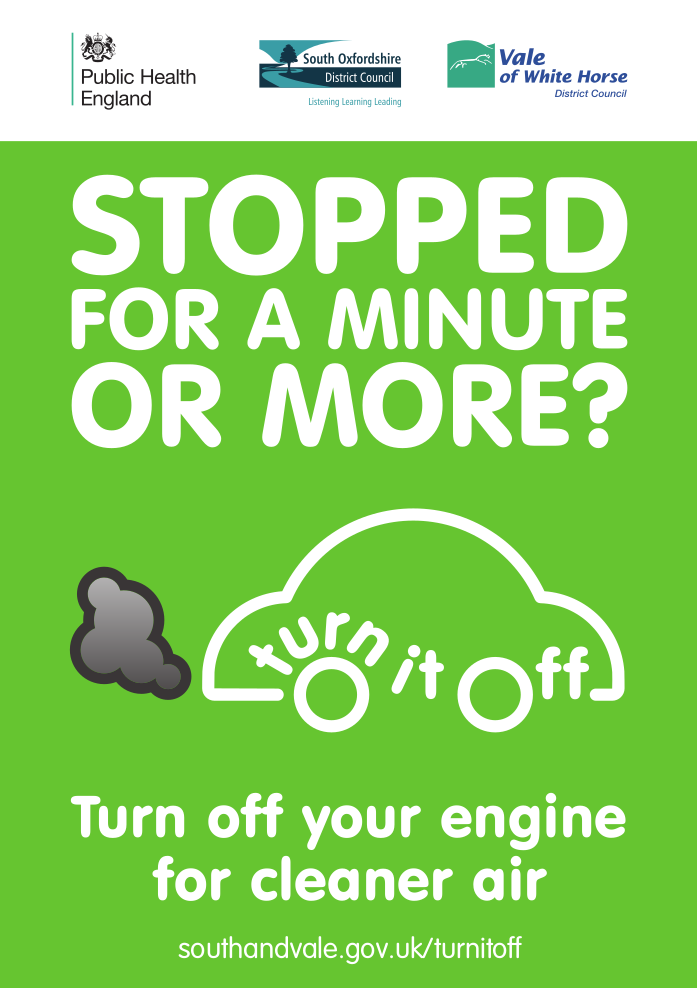Earth Trust is delighted to announce it is to receive a Water Environment Grant, through the European Agricultural Fund for Rural Development, for an exciting new partnership project to revive and create natural riverside wetland systems and increase biodiversity. Building on the success of the first wetland creation project, River of Life, near Shillingford, Earth Trust is partnering with local landowners, Church Farm Partnership and The Hurst Water Meadow Trust, to improve water ecosystems along the River Thames and River Thame.
Land next to rivers and streams can provide healthy life support systems for all life through biodiverse, functioning, natural freshwater ecosystems. To do this, land needs to be able to slow down and filter water and this can be done through the addition of wetland features such as ponds and water channels that are within the floodplain, some of which are connected to the river. The creation of these features alongside mosaics of other natural habitats such as woodland improve the quality of the landscape. These features also provide havens for spawning fish and wildlife essential to a thriving living system, from dragonflies to kingfishers and otters.
“Our first River of Life landscape scale project was hugely successful and pioneering. It created an incredible new wetland ecosystem on the Thames, demonstrating the management of water and wetlands in the landscape, and the benefits and value of water to society. We’re delighted to receive this funding enabling us to work with other local landowners to build on this success, and re-wild more of Oxfordshire’s riverside,” said Jayne Manley, Chief Executive of Earth Trust.
River of Life II will create these vital wetland habitats at three locations within the Parishes of Long Wittenham, Little Wittenham and Dorchester-on-Thames: at Earth Trust’s Clifton Meadow on the south bank of the River Thames; at Church Farm north of Days Lock, owned by the Church Farm Partnership; and at Overy Mead on the banks of the River Thame, managed by The Hurst Water Meadow Trust. Once completed, the new habitats will include 16 ponds and seven backwater channels, plus wet woodland at each of the three locations, all of which will connect to the main river to provide a refuge habitat for fish.
The project will also fund the creation of several new ponds in Little Wittenham Wood, home to one of the country’s most significant populations of great crested newts. Nationally, populations have dramatically declined due to loss of habitat and these new ponds will help strengthen the population of newts and other amphibians as our climate changes in the future. Little Wittenham Wood is managed by Earth Trust and is a designated a Site of Special Scientific Interest (SSSI) and Special Area of Conservation (SAC) due to its importance as a habitat for great crested newts
The funding will enable Earth Trust to put in place boardwalks amongst the features and way marking so that people can access and explore the wetland ecosystems.
Pre-construction work will begin this year and include discussions with local communities and other interested stakeholders, negotiating access agreements, archaeological and ecological surveys, and refining designs. The main earth works construction period will take place in summer 2020, followed by the final physical elements of the project relating to access and interpretation.
Jayne added: “River of Life has significant impact beyond these works: rewilding the River Thames and creating a functioning ecosystem is a demonstration of the creative thinking and action needed as we face up to the climate change challenges ahead. We need to radically rethink our approach to managing the Earth’s resources, such as water and soil, and accelerate projects that are going to sustain life on Earth.”







